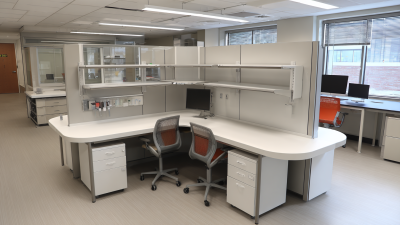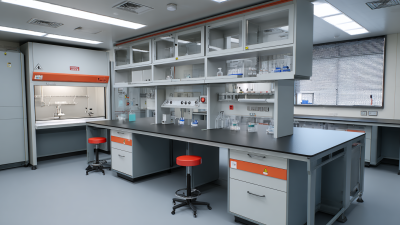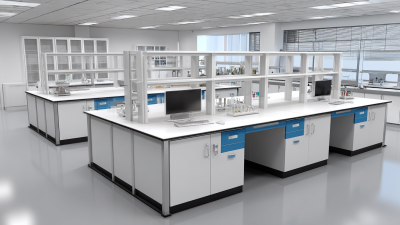Choosing the perfect laboratory desk is a pivotal decision that can significantly impact the efficiency and effectiveness of your research activities. A laboratory desk is not just a simple work surface; it serves as the foundation for experimental setups, data analysis, and collaborative projects.
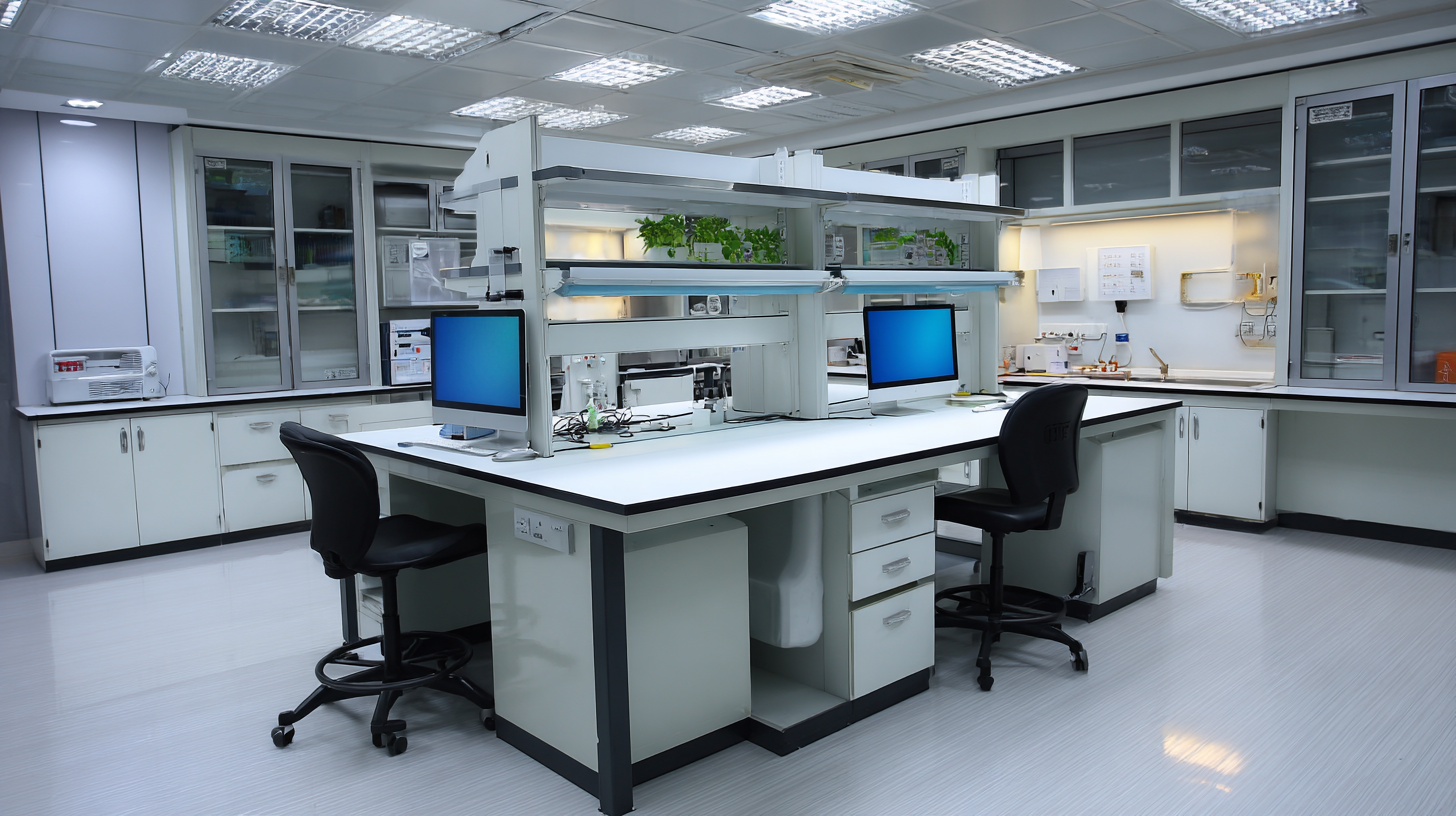 With a variety of options available on the market, including different materials, sizes, and configurations, selecting the right laboratory desk requires careful consideration of your specific research needs. Factors such as workspace ergonomics, storage solutions, and the nature of the experiments being conducted should influence your choice.
Moreover, understanding the importance of durability and ease of maintenance in a lab environment is crucial, as these aspects ensure that your workspace remains functional and conducive to productivity.
This guide aims to provide essential insights and practical tips to help you navigate the selection process and ultimately choose a laboratory desk that best supports your research goals.
With a variety of options available on the market, including different materials, sizes, and configurations, selecting the right laboratory desk requires careful consideration of your specific research needs. Factors such as workspace ergonomics, storage solutions, and the nature of the experiments being conducted should influence your choice.
Moreover, understanding the importance of durability and ease of maintenance in a lab environment is crucial, as these aspects ensure that your workspace remains functional and conducive to productivity.
This guide aims to provide essential insights and practical tips to help you navigate the selection process and ultimately choose a laboratory desk that best supports your research goals.
When selecting the perfect laboratory desk for your research needs, it is crucial to first identify your specific research requirements. Consider the nature of your work—do you primarily conduct experiments, analyze samples, or perform detailed measurements? The types of activities you engage in will dictate the necessary features of your laboratory desk. For instance, if your research involves the use of heavy equipment or multiple instruments, a desk with a sturdy, durable surface and ample space for organization is essential.
Moreover, ergonomics play a vital role in enhancing productivity in a laboratory setting. Evaluate the height of the desk and whether it can be adjusted to accommodate different tasks comfortably. A desk designed with flexible storage solutions is also beneficial, allowing easy access to tools and materials while keeping the workspace organized. Additionally, consider the integration of electrical outlets and fluid management systems if your research involves chemical handling or electrical devices. By aligning your desk choice with your research requirements, you can create an efficient and effective workspace that supports your scientific endeavors.
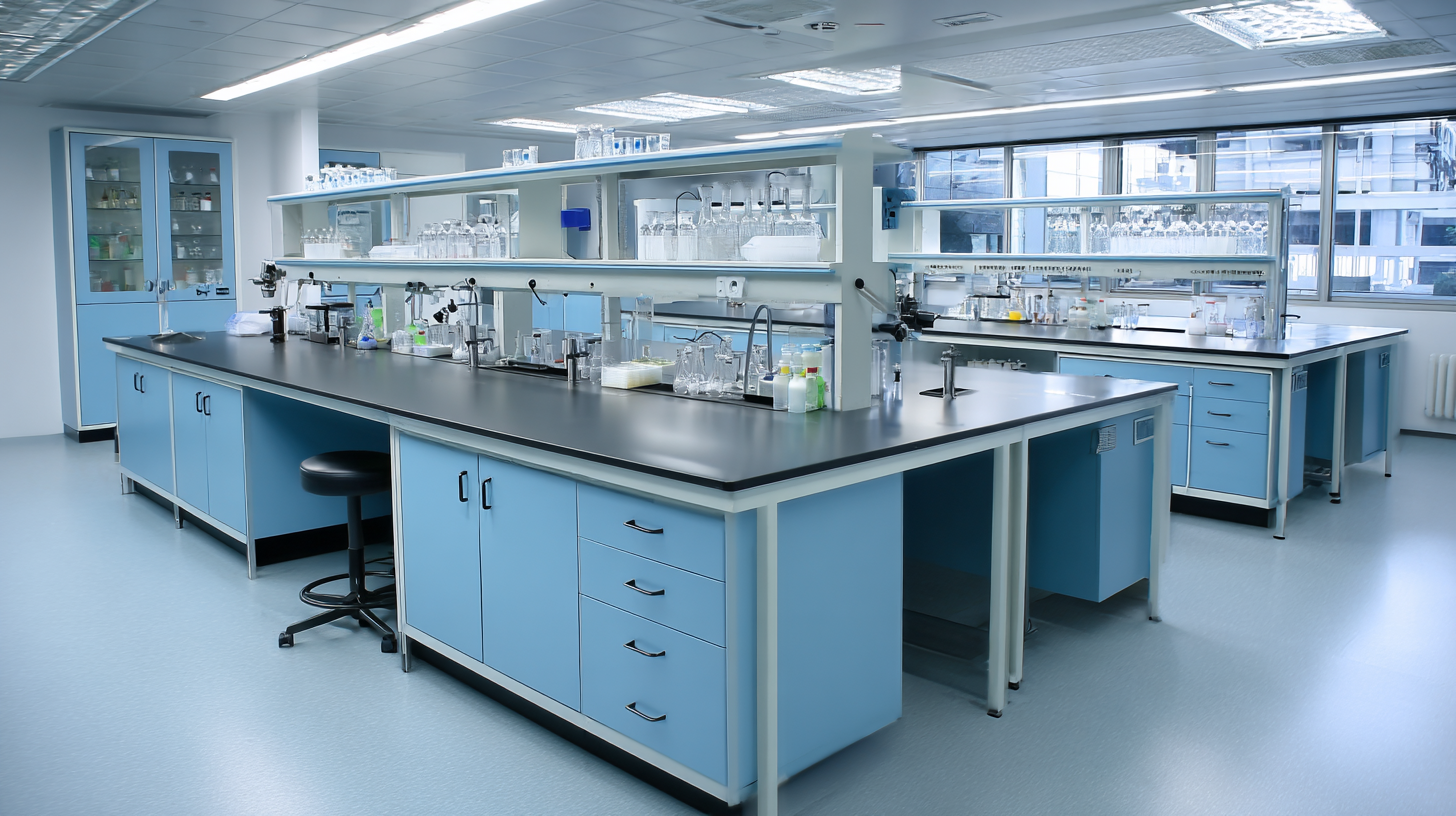
When selecting the perfect laboratory desk for your research needs, material and durability play critical roles in ensuring long-term functionality and safety. According to a report by the National Institute of Standards and Technology (NIST), laboratory work surfaces should withstand common chemicals and thermal stress. Common materials such as epoxy resin and phenolic resin are recommended for their chemical resistance and durability; studies indicate that epoxy resin surfaces can last up to 20 years under regular use while maintaining structural integrity.
Tips for choosing the right laboratory desk material include assessing the types of experiments you conduct. If you work with harsh chemicals, opting for a desk with a chemical-resistant laminate is essential. Additionally, consider height-adjustable desks that accommodate different work postures, enhancing comfort and productivity.
Durability also extends to the desk's frame and hardware. A desk made of stainless steel or high-quality aluminum ensures stability and resistance to corrosion. Research by the Laboratory Furniture Manufacturers Association (LFMA) shows that desks with reinforced steel frames can handle weights over 600 pounds, making them suitable for heavy equipment and instruments. Prioritizing material quality and durability not only ensures a safer working environment but also enhances the longevity of your laboratory investments.
When selecting a laboratory desk, ergonomics and design play a critical role in ensuring comfort and efficiency during research activities. A well-designed desk not only promotes a healthy posture but also reduces the risk of fatigue and strain associated with long hours of work. Consider desks with adjustable heights to accommodate both sitting and standing positions, allowing for flexibility in your working style.
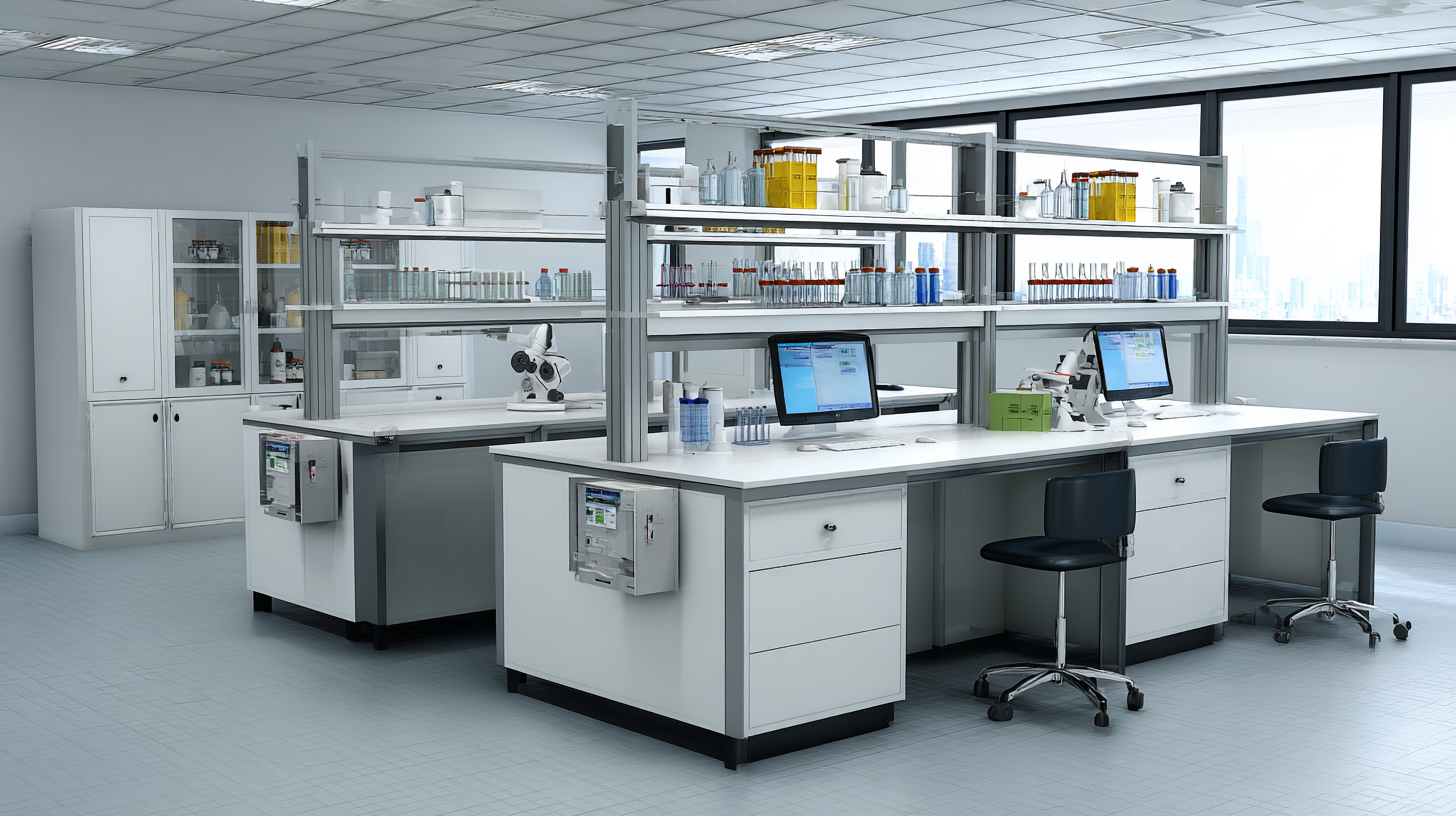
Tips: Look for desks with built-in storage solutions that keep essential tools within easy reach, minimizing unnecessary movements. Additionally, choose surfaces that are easy to clean and resistant to chemicals, which is vital in maintaining a safe and functional research environment.
Furthermore, the layout of your laboratory desk should foster organization and accessibility. Opt for desks that offer ample workspace while integrating features like cable management systems to prevent clutter. Lighting is also an important aspect; select a desk located near good light sources or one that can accommodate task lighting to enhance visibility during intricate procedures.
When selecting the perfect laboratory desk for your research needs, it's crucial to assess storage solutions and organization features that will enhance your productivity. A well-designed laboratory desk should incorporate a variety of storage options, such as drawers, shelves, and cabinets, to accommodate different types of materials and equipment. Consider your specific research activities; for instance, if you work with small components or samples, look for desks with multiple shallow drawers that can keep items easily accessible yet organized.
Additionally, the layout of the workspace should promote efficiency by minimizing clutter. Features such as built-in tool racks, pegboards, or magnetic strips can provide convenient access to frequently used tools and supplies. Adjustable shelves can offer flexibility in organizing larger instruments or literature. Ensuring that your laboratory desk is equipped with these thoughtful storage solutions will not only streamline your workflow but also create a more enjoyable working environment.
| Feature | Description | Importance Level |
|---|---|---|
| Adjustable Height | Allows researchers to adjust the desk height for enhanced comfort and ergonomics. | High |
| Storage Drawers | Provides ample storage for tools, samples, and small equipment to keep the workspace organized. | Medium |
| Cable Management | Features to organize cables, reducing clutter and maintaining a clean workspace. | High |
| Chemical Resistant Surface | Surface material that resists chemicals, liquids, and stains for durability. | High |
| Modular Design | Ability to add or remove components based on current research needs. | Medium |
| Lockable Cabinet | Provides security for valuable tools and sensitive materials. | High |
| Wheeled Components | Allows for easy movement of heavy equipment or the desk itself. | Low |
When choosing the perfect laboratory desk for your research needs, it is essential to consider the budget and cost-effectiveness of your options. Establishing a clear budget will help narrow down choices, making it easier to select a desk that meets both functional requirements and financial constraints. Laboratory desks come in various materials and designs, each with different price points. For instance, metal and epoxy resin desks may tend to be pricier than laminate options, but they often provide greater durability and resistance to chemicals, which can lead to long-term savings.
Furthermore, evaluating the cost-effectiveness of a laboratory desk involves assessing not just the initial purchase price but also the long-term value it brings to your research. Consider attributes such as ease of cleaning, maintenance requirements, and adaptability for future projects. Investing in a high-quality desk that can withstand the rigors of laboratory work may reduce the need for replacements and upgrades, ultimately saving money. By carefully balancing both your immediate budget and the anticipated longevity and utility of the desk, you can make an informed decision that supports your research endeavors efficiently.

